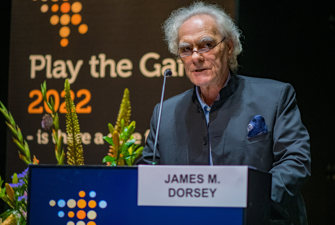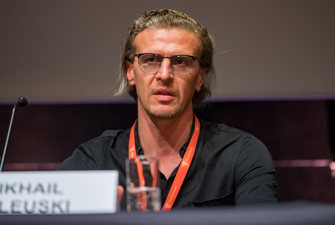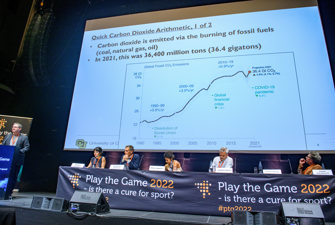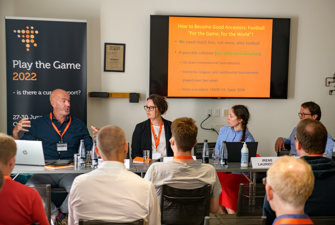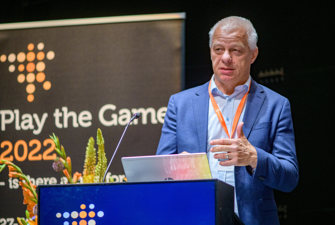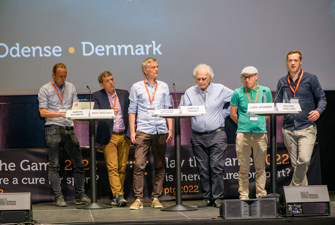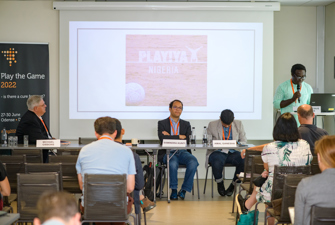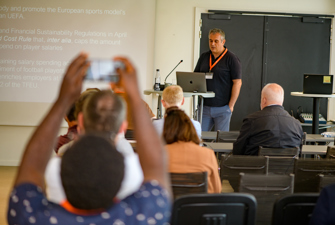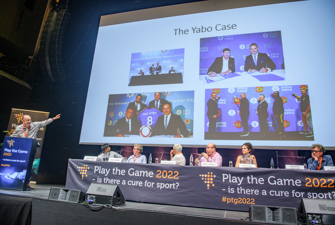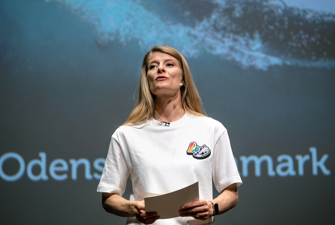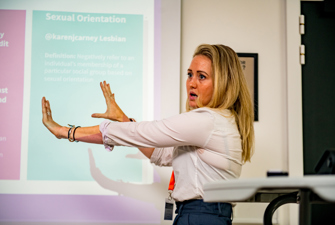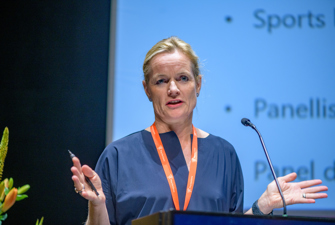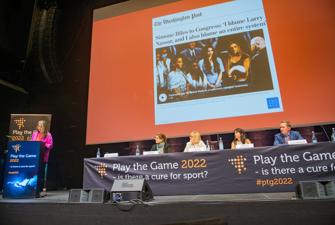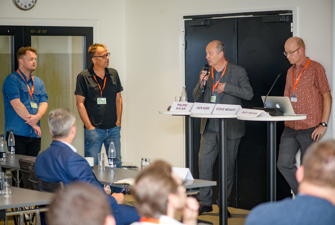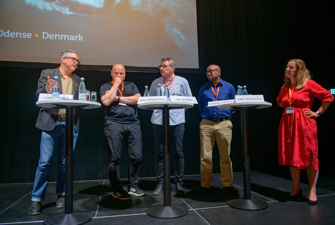Looking for a good model to fund an independent global match-fixing agency
Whilst an independent global match-fixing agency could solve problems from the cross-border nature of match-fixing, speakers at a session at Play the Game 2022 pointed to many difficulties in finding a good model for funding such an agency.
Sport needs an independent global agency to tackle match-fixing in sport because the current solutions are simply not working.
That was the message from a session exploring the quest for an independent agency on the second morning of Play the Game 2022.
Affy Sheikh, head of integrity services at Starlizard, a data and betting analysis company, said: “There is a strong argument that match-fixing is more widespread than we realise. The current governance structure does not lend itself to robustly tackling match-fixing.”
“There are too many integrity departments and it’s completely impractical. There’s an imbalance of expertise. Some integrity departments do not even know how to read betting reports and governing bodies are given different levels of information. Investigations that do take place are unbalanced, unequal and sub-optimal.”
The dichotomy between governing bodies being both responsible for making their sports successful and then investigating potential match-fixing that could damage this image was identified as a disincentive for taking action.
“It’s not good for career advancement,” added Sheikh.
Match-fixers do not stop at international borders
Starlizard’s own research found 1,413 football matches that showed signs of suspicious betting between January 2017 and April 2022. This was 0.57% of all games monitored and 500 of these games were in domestic top divisions and 105 club friendlies.
“The scale of the problem is likely worse than these figures suggest,” added Sheikh.
An Erasmus project analysing match-fixing in club football friendlies identified 257 friendlies played in Europe between 2016 and 2020. These games are often played in other countries, which illustrated the problem as to where responsibility for investigation lies.
Sheikh said: “Some teams that manipulate friendlies will play in other competitions at national and international level. Investigations stop at national borders, but we know that match-fixers do not. Investigating from within national borders does not make sense.”
The solution, argued Sheikh, is an independent agency to tackle fixing, which has powers to sanction players and also go after fixers rather than just tackling the players, but how this would be set up and funded is an obstacle.
Difficult questions about funding investigations
Taking investigating match-fixing away from sport would be problematic argued panellist Sandra Meeuwsen from the Erasmus University in Rotterdam, who said: “If we move responsibility for these complicated matters to another level then there is even more distance from sports governance, and it will create more difficulties.”
Funding any new agency would also be a problem and could affect its ability to be independent. From the floor, Steve Emberson, integrity and intelligence manager at sports data company Genius Sports, said: “Can true independence ever exist? Is it a question for FIFA and cascading down?”
Embracing the solution used in Australia and Canada, where government funds dedicated sports integrity units, would avoid conflict argued Marcelo Moriconi, an academic researcher from ISCTE-IUL in Portugal.
He said: “In terms of prioritising match-fixing over say a murder, if you have a dedicated unit then that is not a question. Europol also have a dedicated sports integrity unit so why can’t we have that elsewhere?”.
Using taxpayers’ money to fund investigations into sport could be problematic suggested Mike McNamee, professor of ethics at Leuven University in Belgium, but Sheikh argued that there are solutions to funding that could make establishing such a unit possible.
Reinvesting seized proceeds of crime from match-fixing was one solution along with funding from sports and governments, said Sheikh, who added: “There’s a lot of money in football. Some of that can be allocated.”
From the floor, Chiel Warners from the Dutch national platform on combating match-fixing asked the panel their thoughts about the role of the betting industry with regards to funding. Sheik suggested that in his personal view the betting industry should not be funding an agency to combat match-fixing.
The debate over a dedicated match-fixing body is like the current system, beset by conflicts of interest, which is why establishing such a unit has proven problematic.
